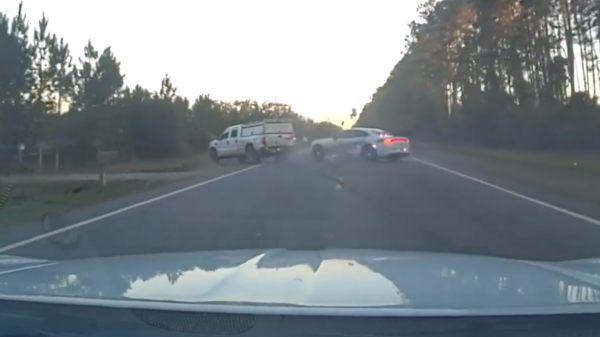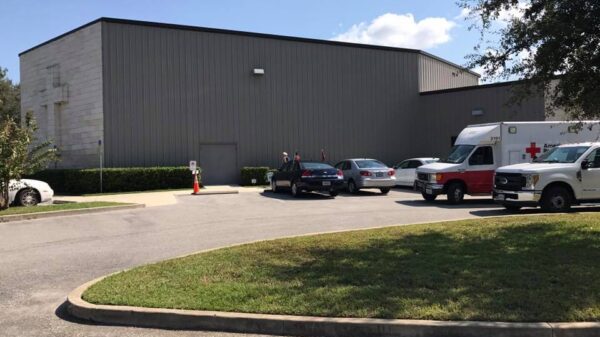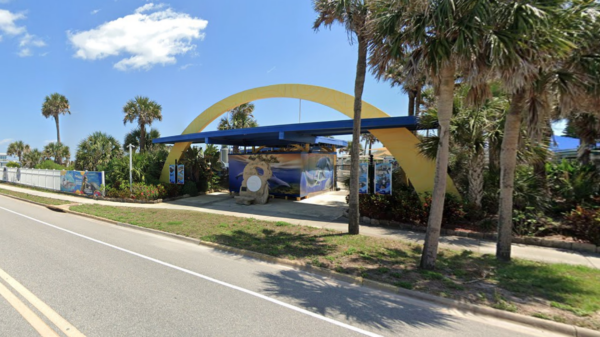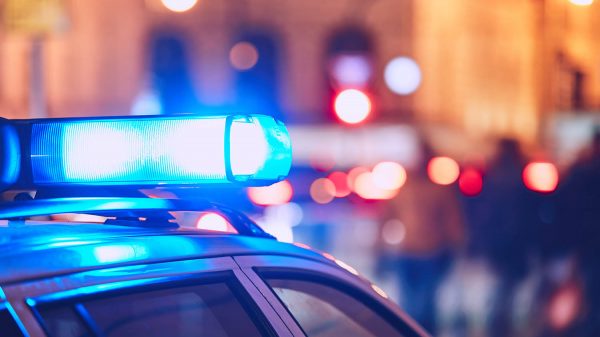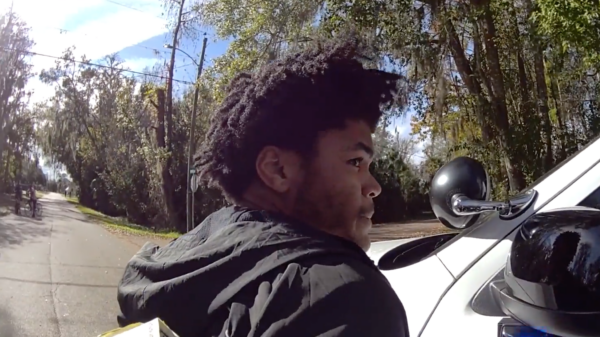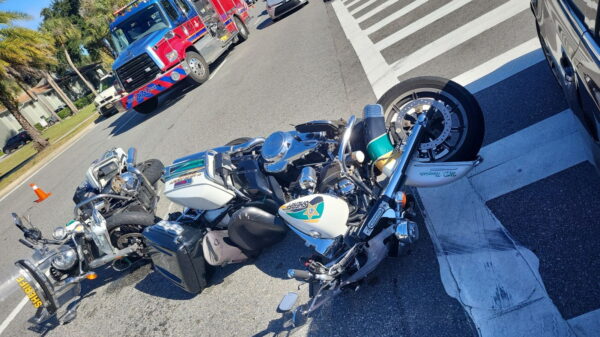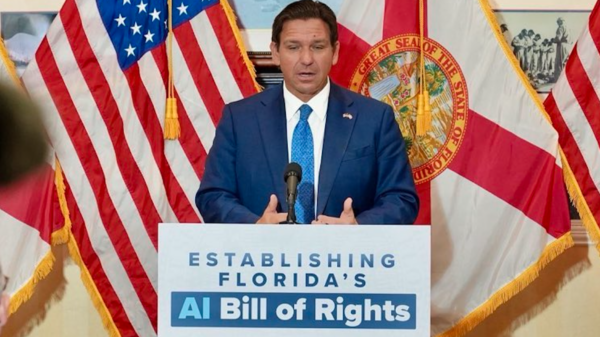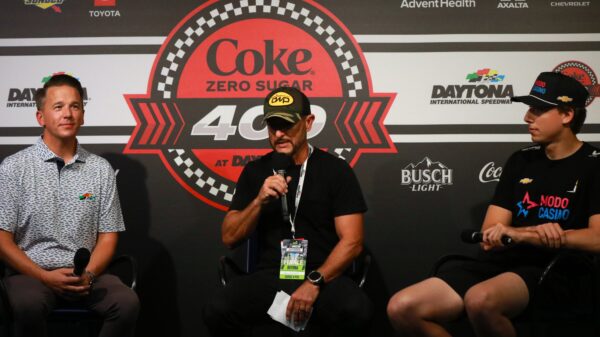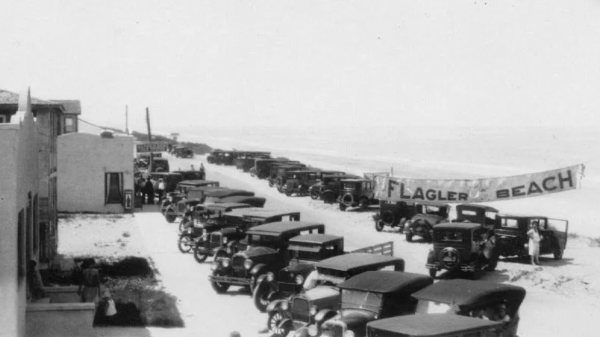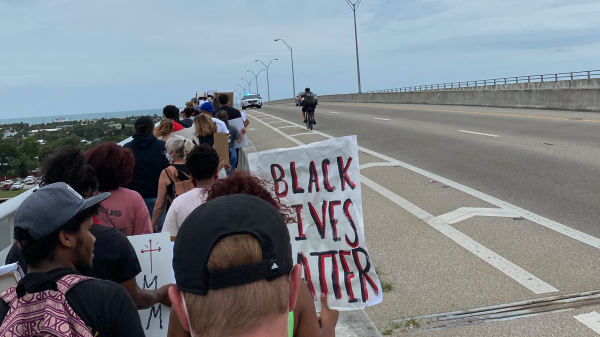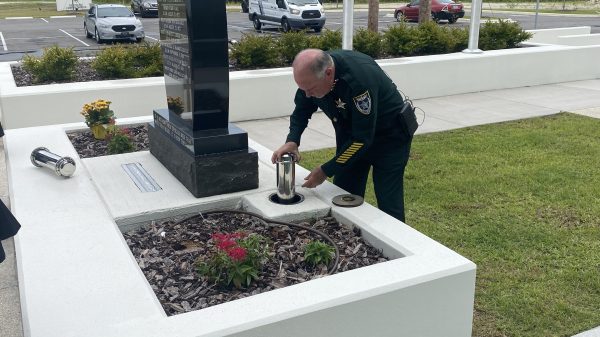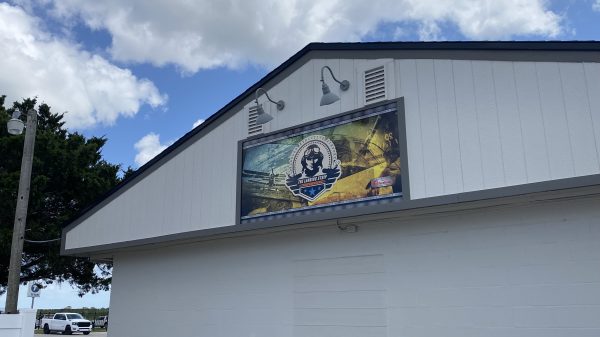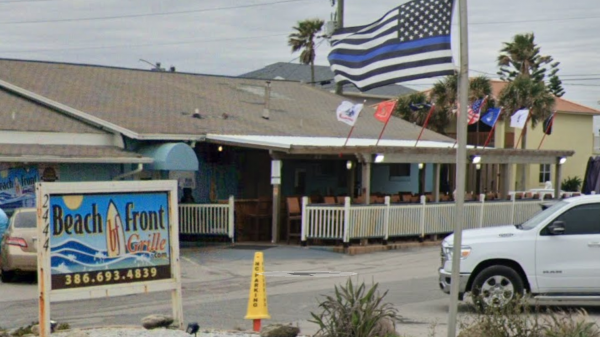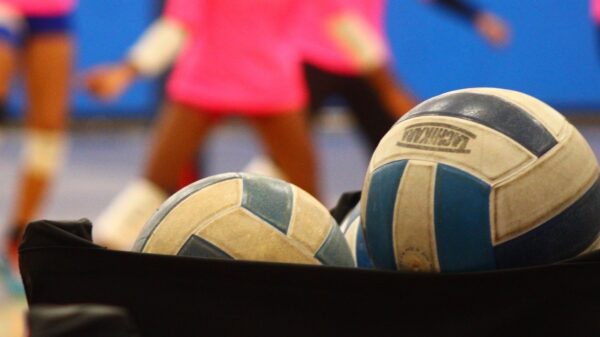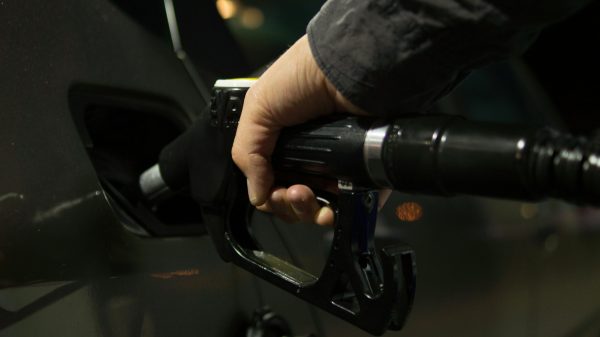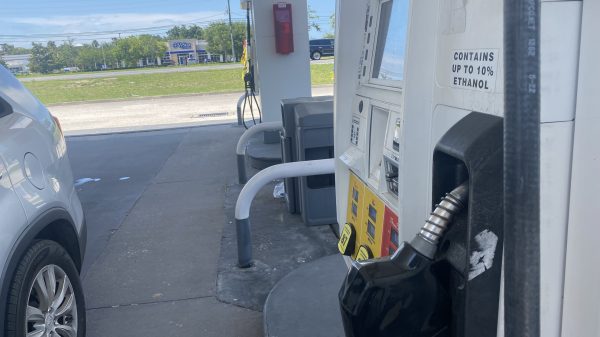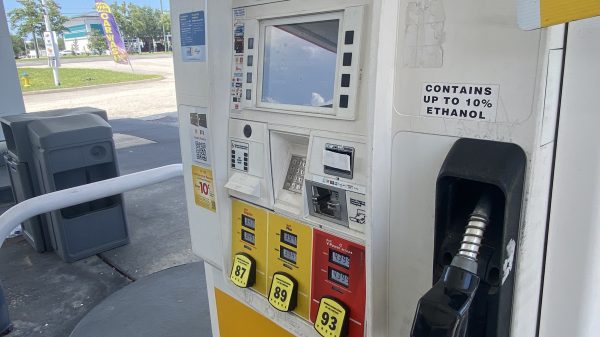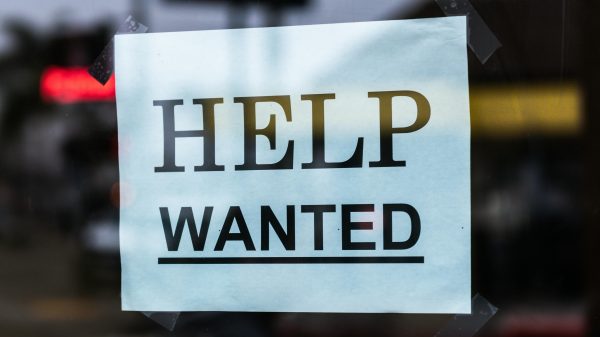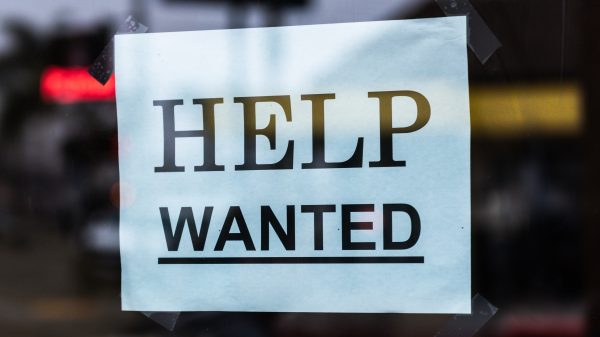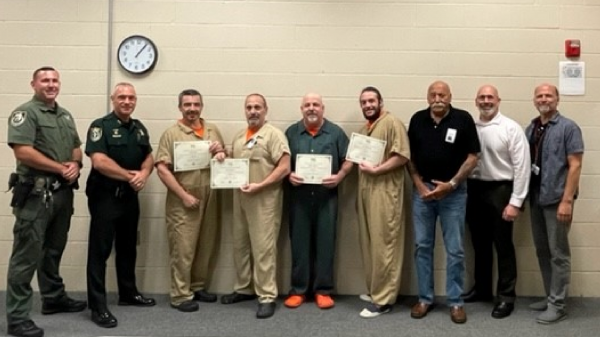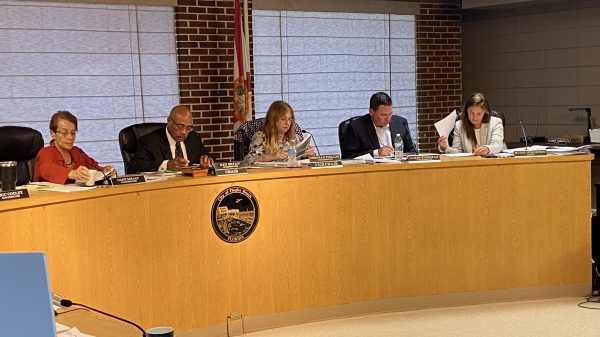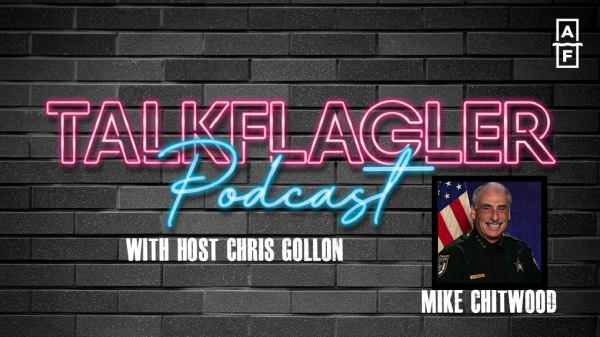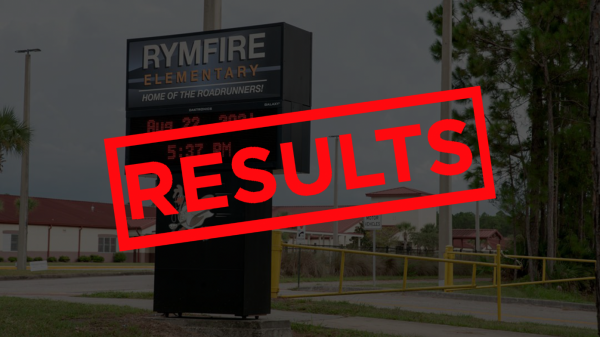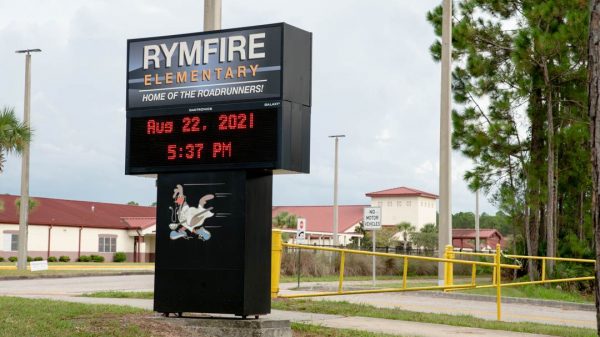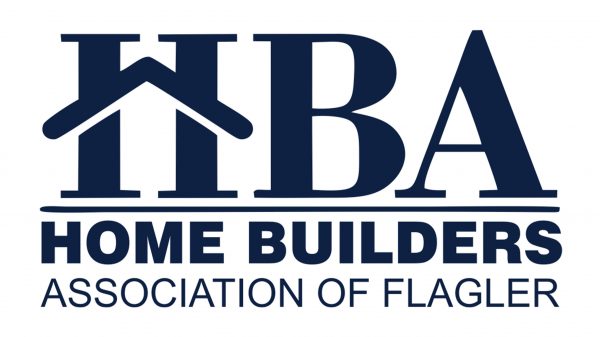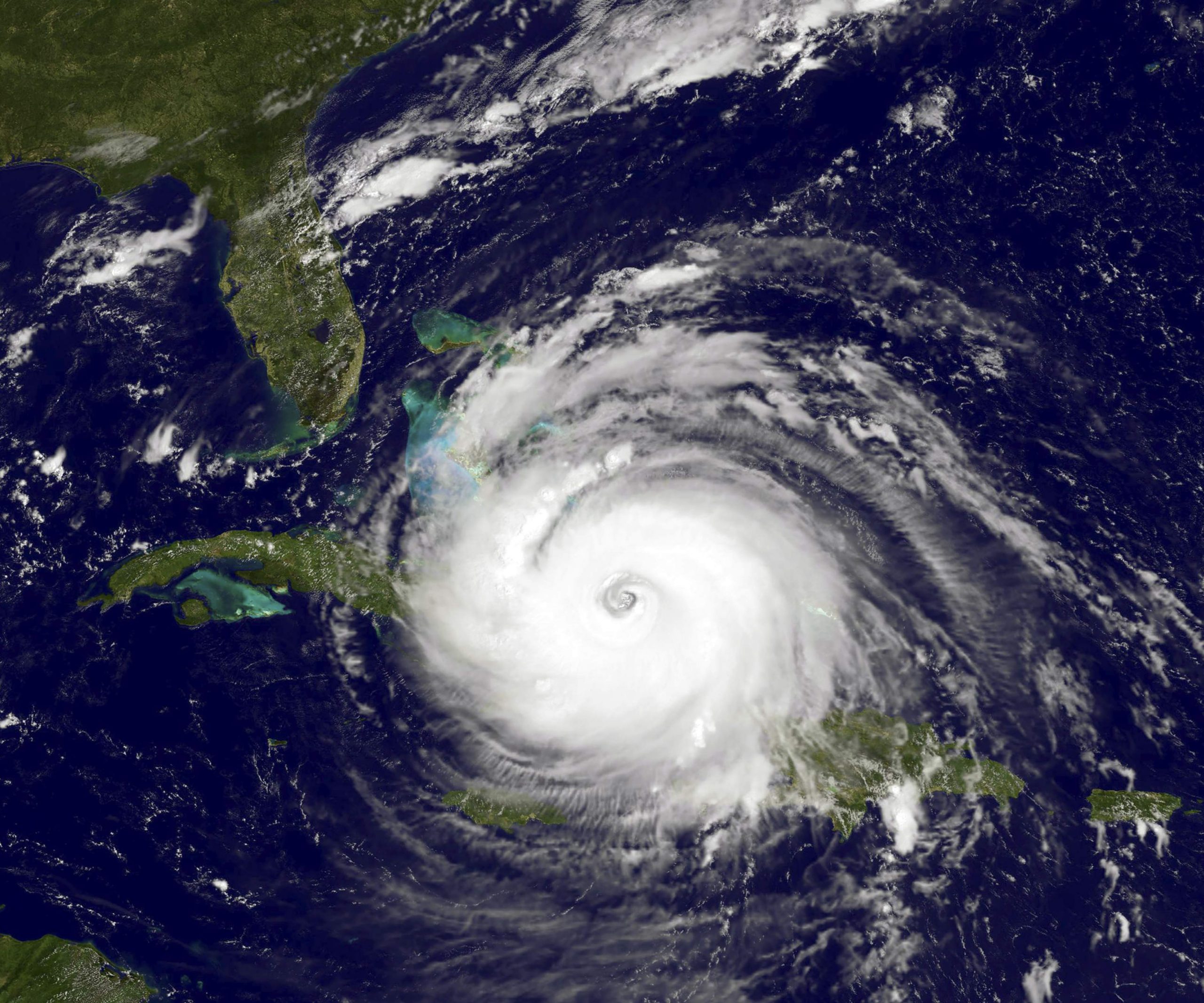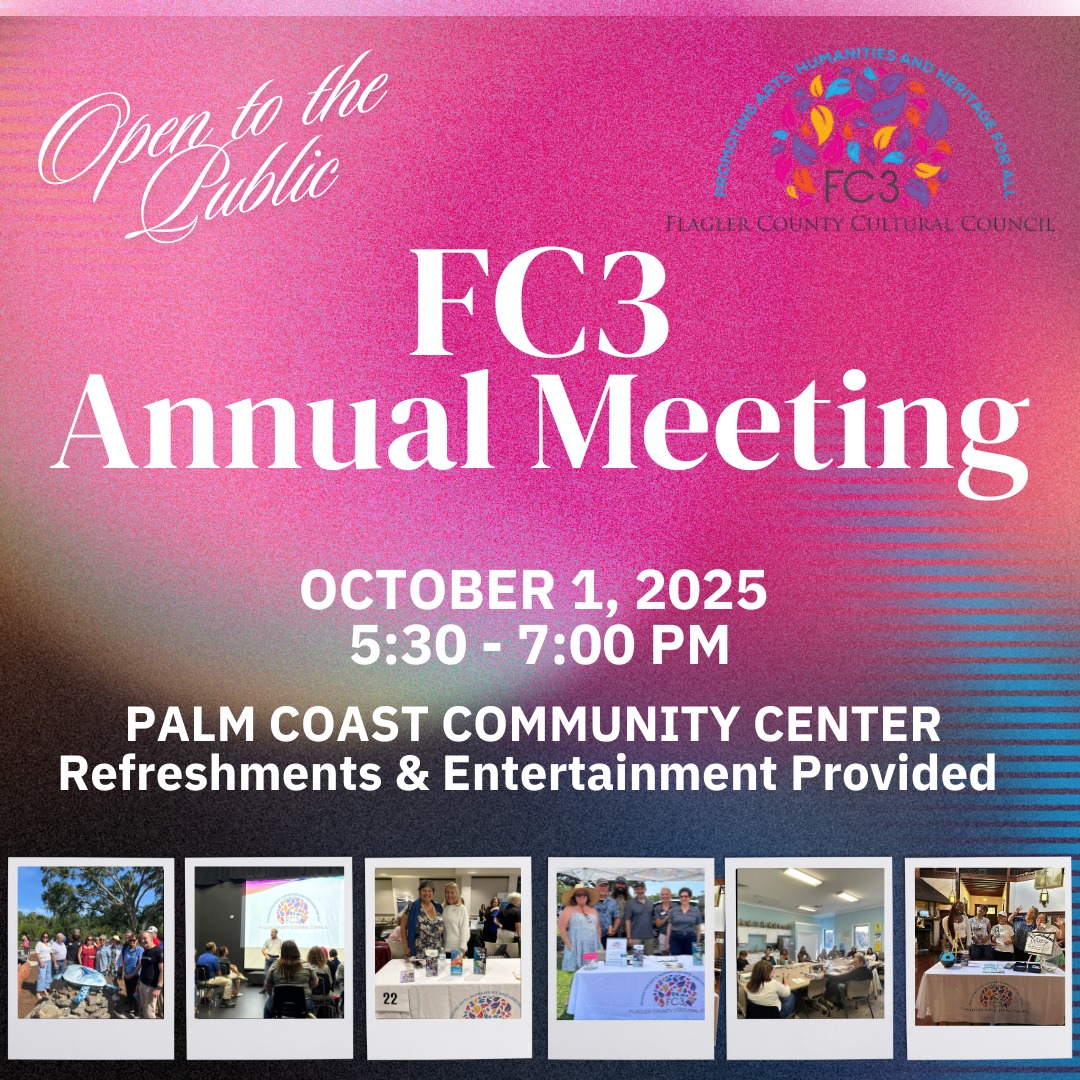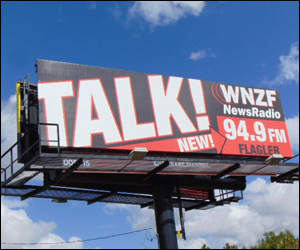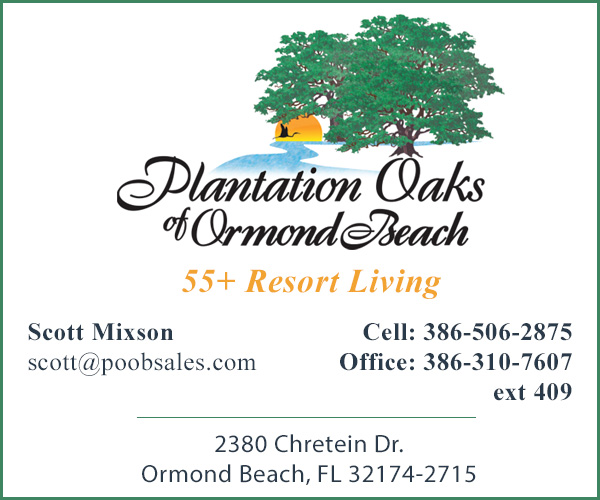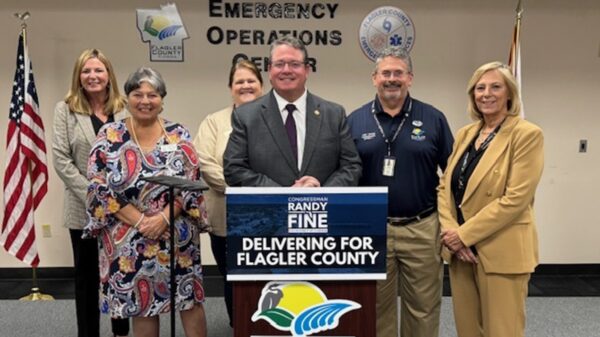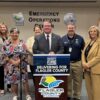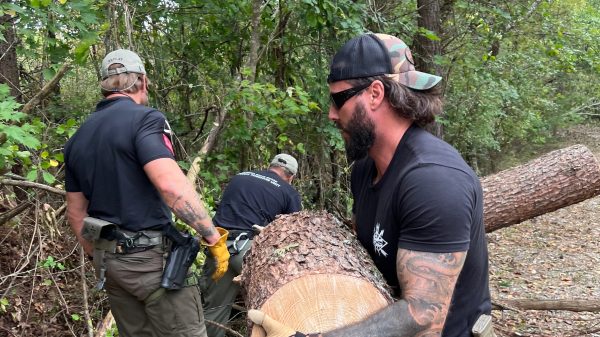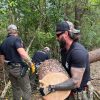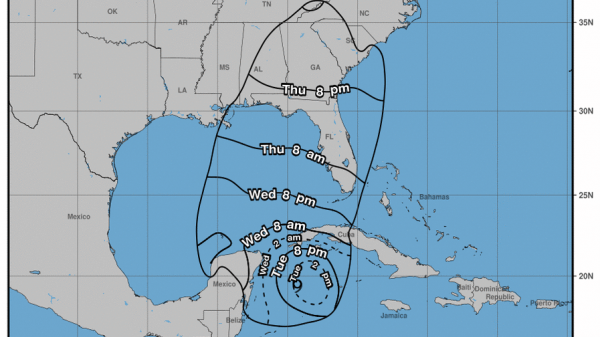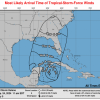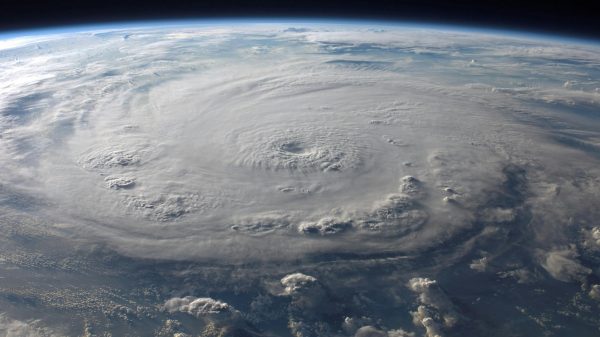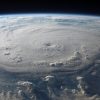Hurricane Season officially kicked off on Wednesday, and will run through November 30th of this year. Though Flagler County was lucky not to be ravished by a big storm in 2020 like it has in years past, that certainly doesn’t indicate one won’t make landfall this year. So what will you need after locating some Publix hurricane cakes and the closest neighbor with a generator? Well, a few things. The Florida Division of Emergency Management (FLSERT) recommends a supply kit with multiple categories. Their full checklist is available here.
Firstly, some general needs:
- Flashlight – There’s a good chance your house will be in the dark awhile if you lose power during a hurricane. With windows (hopefully) shuttered off, there won’t be any source of natural light to make up for the lack of power. Make sure you have a quality flashlight and plenty of batteries to stay safe this hurricane season. Consider stocking up on batteries before the first major hurricane, to avoid the inevitable frenzies in your local supermarket. FLSERT discourages the use of candles.
- Radio – A radio will be an important tool to stay up-to-date on weather safety updates when you don’t have access to TV or the internet. Radios come battery-operated, or hand-cranked if you’re looking for a little workout while you shelter in place.
- Cash – Once it’s safe to leave the house, there’s always the possibility that banks and ATMs won’t be available when you’ll need to use them. Keep enough cash on hand to buy food essentials and gasoline for a few days after the storm.
Pet care items:
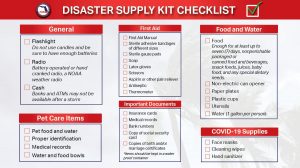 Pet food and water – Another thing to consider stocking up on before the first storm is pet food. Unlike gasoline, pet food can be preserved easily through the length of a hurricane season if left unopened.
Pet food and water – Another thing to consider stocking up on before the first storm is pet food. Unlike gasoline, pet food can be preserved easily through the length of a hurricane season if left unopened.- Proper ID and medical records – If emergency medical care is needed in your home, it helps if responders know how to properly care for your pets while you can’t.
- Water and food bowls – Though your pets may have no problem eating off the floor, it’s probably best that they don’t.
First Aid:
- First aid manual – There are a lot of ways to get hurt during a hurricane, and it may take awhile to get medical care. Having the know-how to patch up some basic injuries could go a long way in preventing them from worsening.
- Sterile adhesive bandages of different sizes – Great for simple cuts and scrapes.
- Sterile gauze pads – Useful for dressing wounds that other fabric may stick to.
- Soap – Important not just for personal hygiene, but for cleaning wounds to prevent infection.
- Latex gloves – Keeps bacteria and viruses from entering through an open wound.
- Scissors – Helps to change gauze and bandages, and trim them to the needed size.
- Aspirin or other pain relief – In the middle of a hurricane, there might not be a lot of other ways to alleviate the pain caused by an injury.
- Thermometer – Hot from the lack of A.C. or running a real fever? It’s good to be able to know for sure.
Important documents:
- Insurance cards – Helps smooth the process if you need emergency medical care.
- Medical records – Provides medical response personnel with information to help them make the right calls in administering treatment.
- Bank numbers – Information like this will be harder to obtain during power outages, and could prove helpful to have readily available.
- Copy of social security card – In all the house prep leading up to a hurricane, it can be easy to misplace important documents like a social security card. Keep a copy handy where you know you won’t lose it.
- Copies of birth and/or marriage certificates – Important forms of ID to help disaster response teams survey damaged homes. Keep in a waterproof container with other important documents.
Food and water:
- Food – Keep enough food for up to seven days indoors. Should be nonperishable packaged or canned food and beverages, snacks, juices, baby food, and any special dietary foods. Remember, you probably won’t be preparing too complex a meal if your power is out.
- Non-electric can opener – Canned food isn’t much good if you can’t get into it. Keep a can opener on hand to access your nonperishable canned foods.
- Paper plates – You can’t rely on hot water to wash your regular plates, so a stack of paper plates may be more well-suited for you in a hurricane.
- Plastic cups – See above. That dishwasher won’t be much good, and it’s not advisable to hand-wash with cold water.
- Utensils – If you do remember to be able to open your cans, but don’t have anything to eat them with, you’ll probably be kicking yourself quickly into the hurricane.
COVID-19 supplies:
- Face masks – Still important to have on-hand, and you’ll want to make sure your stock stays fresh during a hurricane.
- Cleaning wipes – Being sanitary is as important now as ever, especially if you’re trapped in an enclosed space, cycling the same bacteria around in one ecosystem.
- Hand sanitizer – Use hand sanitizer after coming into contact with potentially bacteria-laden surfaces, and when soap and water aren’t available. The CDC recommends you don’t use sanitizer if your hands are visibly dirty.
Additionally to this information, know your evacuation routes ahead of time if you plan on leaving the area. The National Oceanic and Atmospheric Administration predicts 13-20 named storms this year. Six to ten are predicted to become hurricanes, and three to five are predicted to become major hurricanes. AskFlagler thanks the Florida Department of Emergency Management for compiling their checklist.
Chris Gollon is a Flagler County resident since 2004, as well as a staple of the local independent music scene and avid observer of Central Florida politics, arts, and recreation.


